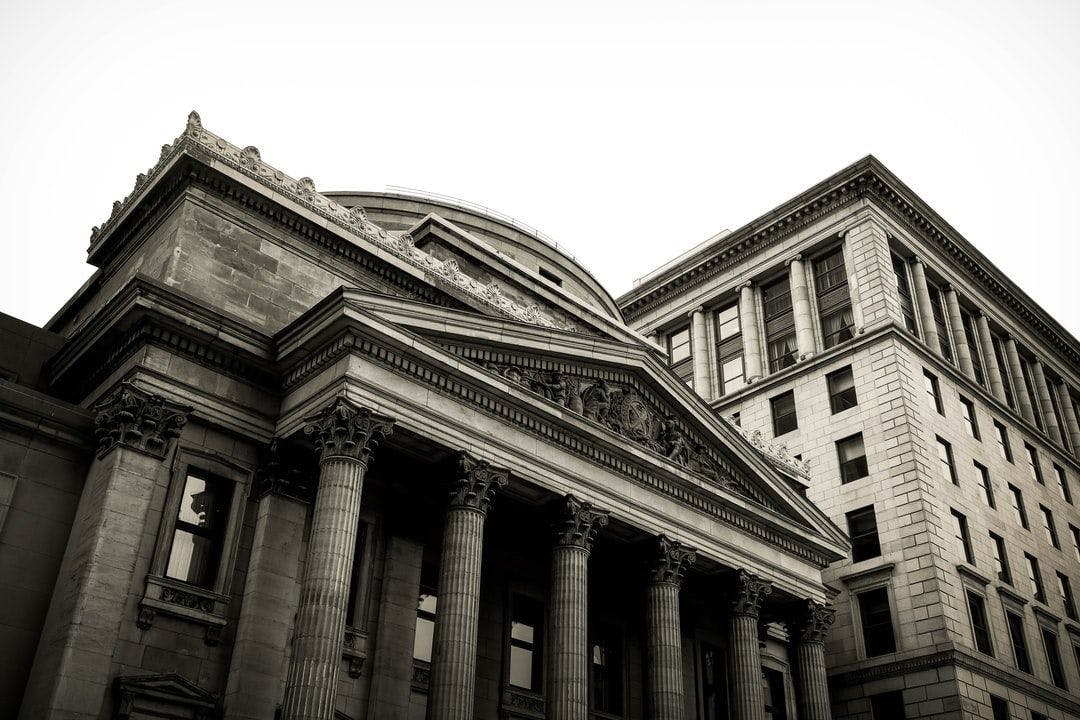OCC the Banking Regulator Says Regulated Stablecoins will Give Holders Confidence
by
January 16th, 2022
Audio Presented by

Building and Covering the latest events, insights and views in the AI and Web3 ecosystem.
About Author
Building and Covering the latest events, insights and views in the AI and Web3 ecosystem.
